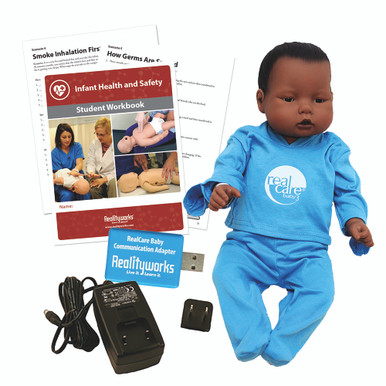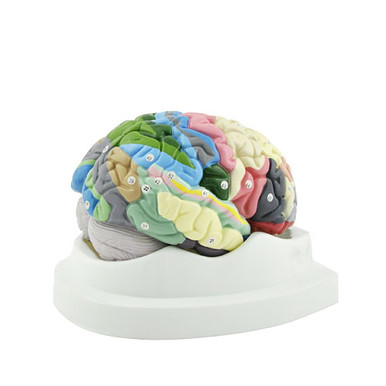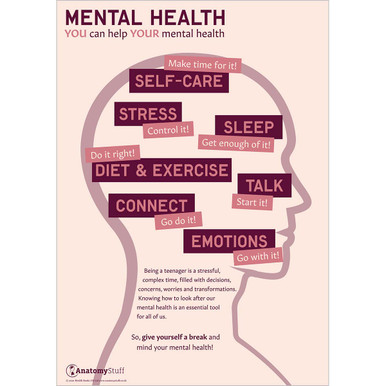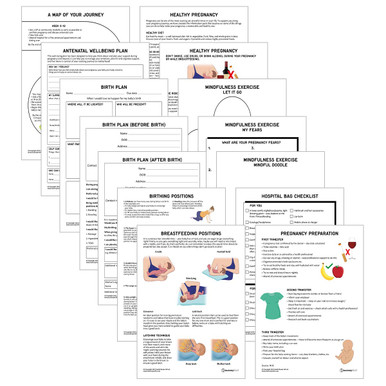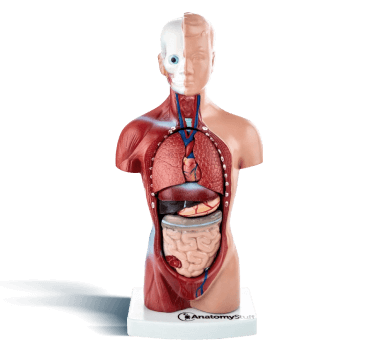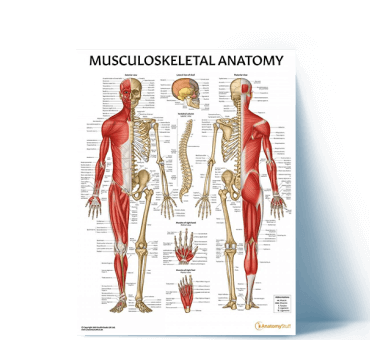Postpartum Blues vs. Postnatal Depression
Despite the fact that carrying a life in your body for nine months, and indeed giving birth, is one of the most magical and miraculous experiences you will ever have, childbirth is anything but easy.
Yes, we’ve seen TV shows and movies where mothers give birth and take their baby home to their immaculately clean homes while looking fresh-faced and happy as they fawn over their newborn, but in reality, childbirth can be very different for everyone.
Both postnatal depression and postpartum blues are very common after giving birth, yet it’s important to know the differences so you can find the necessary treatments and coping mechanisms.
To help learn the differences between the two and how both can be treated or avoided, here’s a quick guide looking at postpartum blues vs postnatal depression.
What are the postpartum blues?
The postpartum blues, sometimes known as the ‘baby blues’, is a prevalent mental health condition that women sometimes suffer with once they give birth.
While symptoms and severity of the condition can vary from mother to mother, symptoms usually present within a day or two of giving birth and peak after 4 or 5 days.
Studies have found that as many as 8 out of 10 women who have recently given birth will experience the postpartum blues at some point during the first year following childbirth. with the main causes due to unstable and imbalanced hormone levels. Which is why it is important to understand your hormones. Some key symptoms of the condition include:
• Mood swings
• Irritability
• Trouble sleeping
• Loss of appetite
• Trouble concentrating
• Doubting yourself as a new mother
• Irrational worries over your baby
• Fatigue
• Low feelings followed by periods of happiness
Typically, postpartum blues are not considered as serious as postnatal depression, and usually, the symptoms will clear up after a few days. However, if women experience symptoms for more than two weeks, they will need to be evaluated for more serious postnatal depression.
What is postnatal depression?
Considered more serious than postpartum blues, postnatal depression is still reasonably common amongst new mothers, affecting roughly 1 in every 10 women within the first year of giving birth.
Typically, postnatal depression will begin with symptoms very similar to those associated with the baby blues. However, if symptoms persist longer than 2 weeks, this could indicate that you’re suffering from postnatal depression.
Unlike the baby blues, which usually kick in within the first day or so of giving birth, post-natal depression can strike at any time in the first year of childbirth.
Some of the signs and symptoms of possible postnatal depression include:
• Fatigue
• Insomnia
• Persistently low mood
• Anxiety
• Elevated heart rate
• Lack of motivation
• Trouble getting excited or enthusiastic about life or things you enjoy
• Frightening thoughts about hurting yourself and/or your baby
• Mood swings
• Trouble being a mother and caring for your baby
• Trouble looking after yourself
• Weight loss
• Withdrawing from friends, family, your partner, or the outside world
As you can see, the symptoms of postnatal depression are considerably more severe than with postpartum blues, which is why seeking professional help is so important. Postnatal depression is a serious mental health issue that has sadly resulted in some mothers taking their own lives or harming themselves, as well as their babies.
What’s even more concerning is the fact that postnatal depression can be so challenging to diagnose because it happens gradually over time rather than near instantaneously, like with the baby blues.
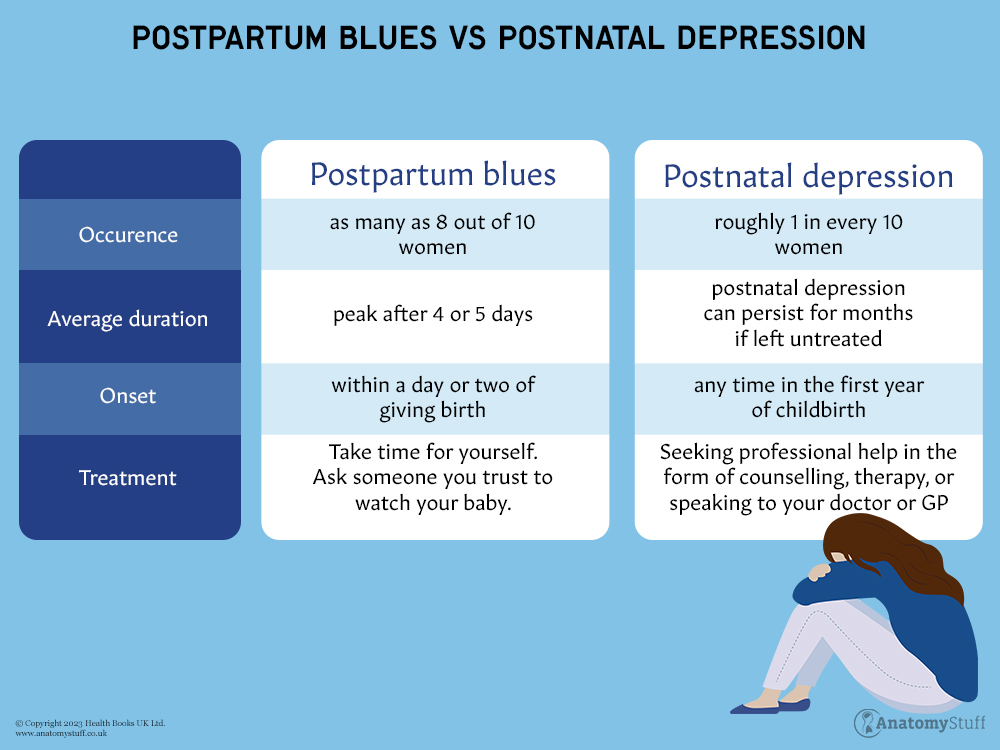
Treating postnatal depression
As you can see, postnatal depression can be an extremely serious mental health issue to deal with. The good news, however, is that there is a wide range of treatment options available, including the following:
• Seeking professional help in the form of counselling, therapy, or speaking to your doctor or GP
• CBT (Cognitive Behavioural Therapy)
• Self-help courses
• Speaking to friends/family/partner about how you’re feeling
• Self-help, i.e., trying to sleep more, getting some gentle exercise, eating nutritious food, relaxing whenever possible etc.
• Forums and support groups online
• Medication such as antidepressants
Remember, if you feel low or are concerned that you’re suffering with postpartum blues or postnatal depression, you aren’t alone, and you should never suffer alone. Help is out there, so please reach out and contact a medical professional.







